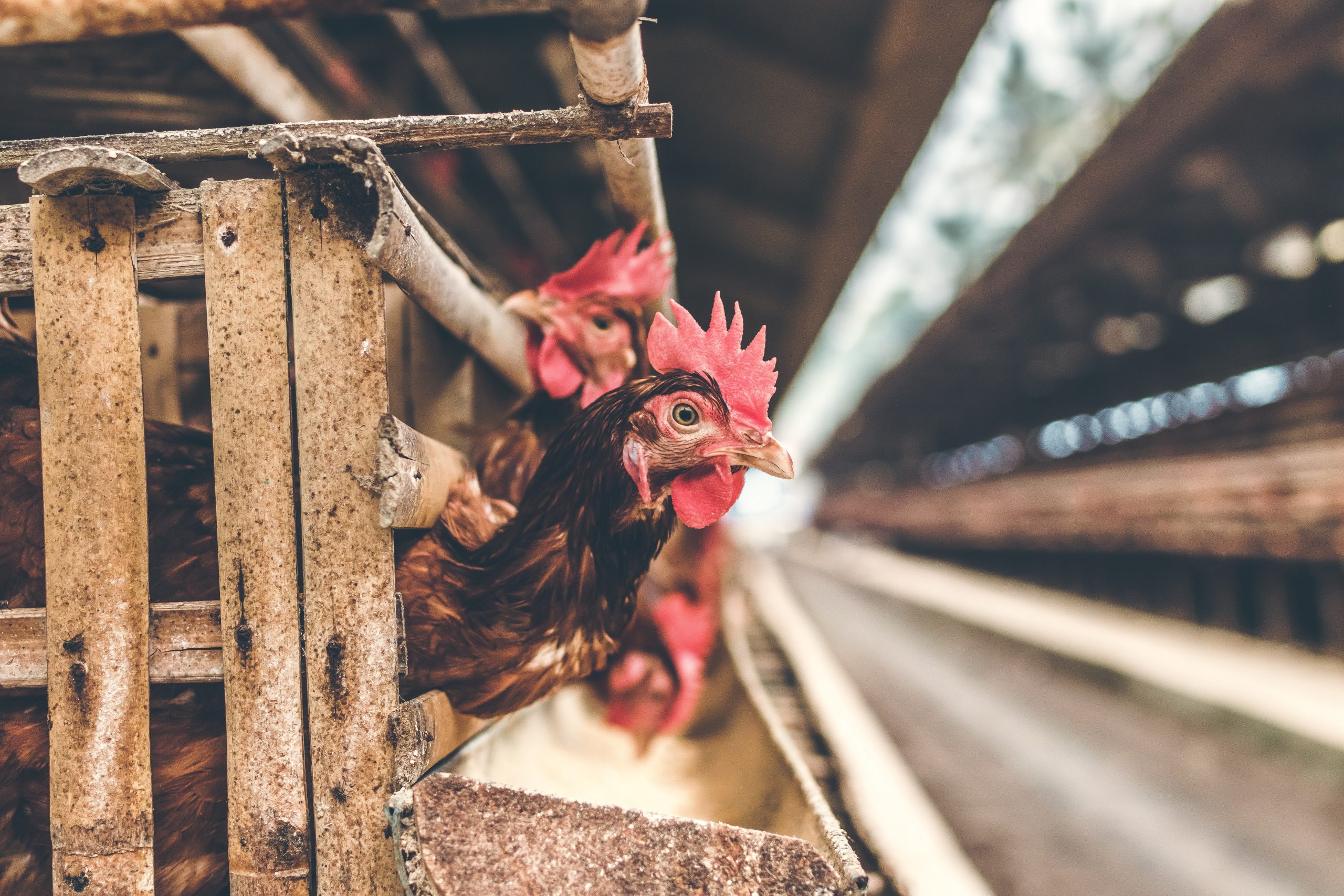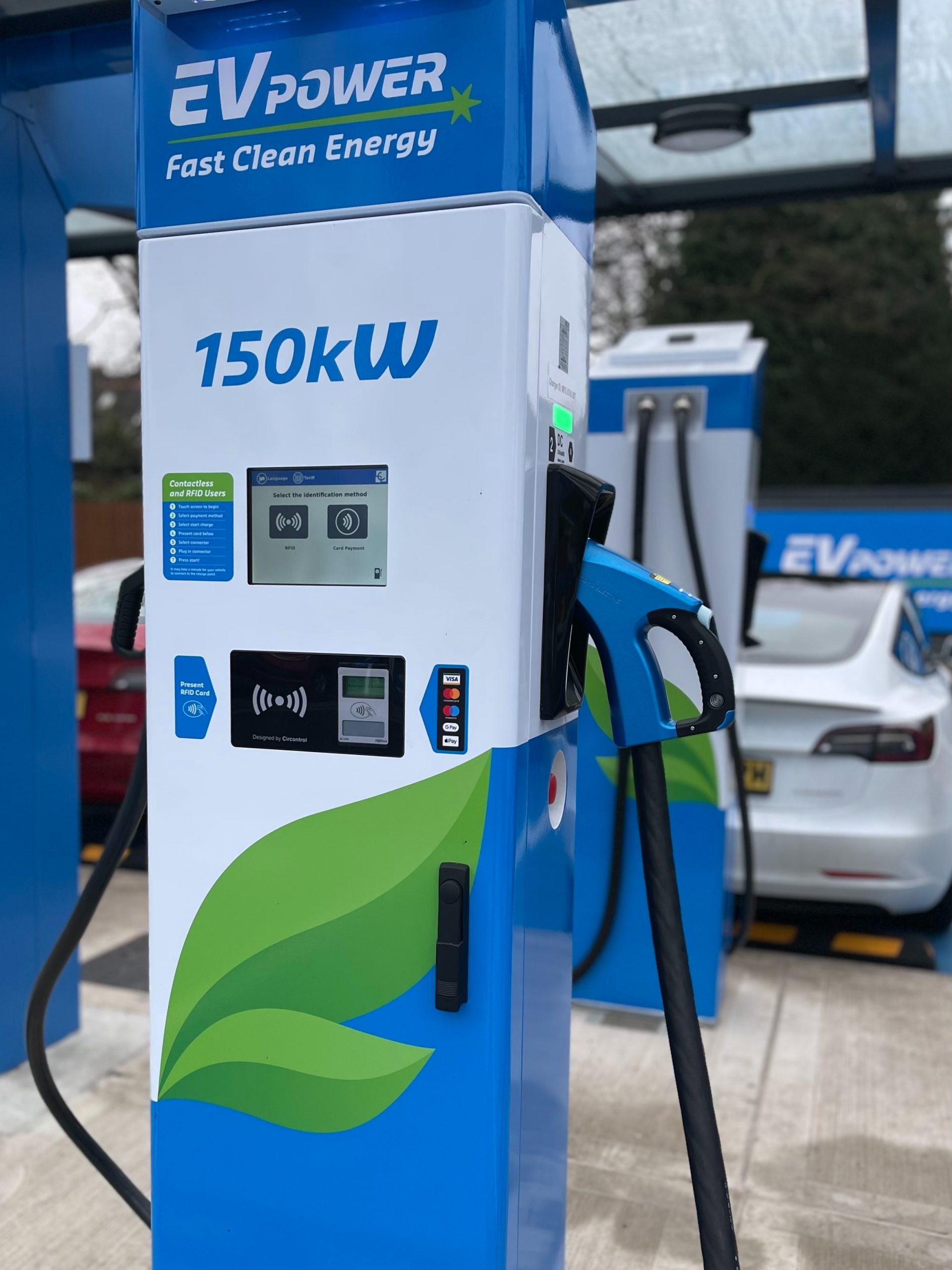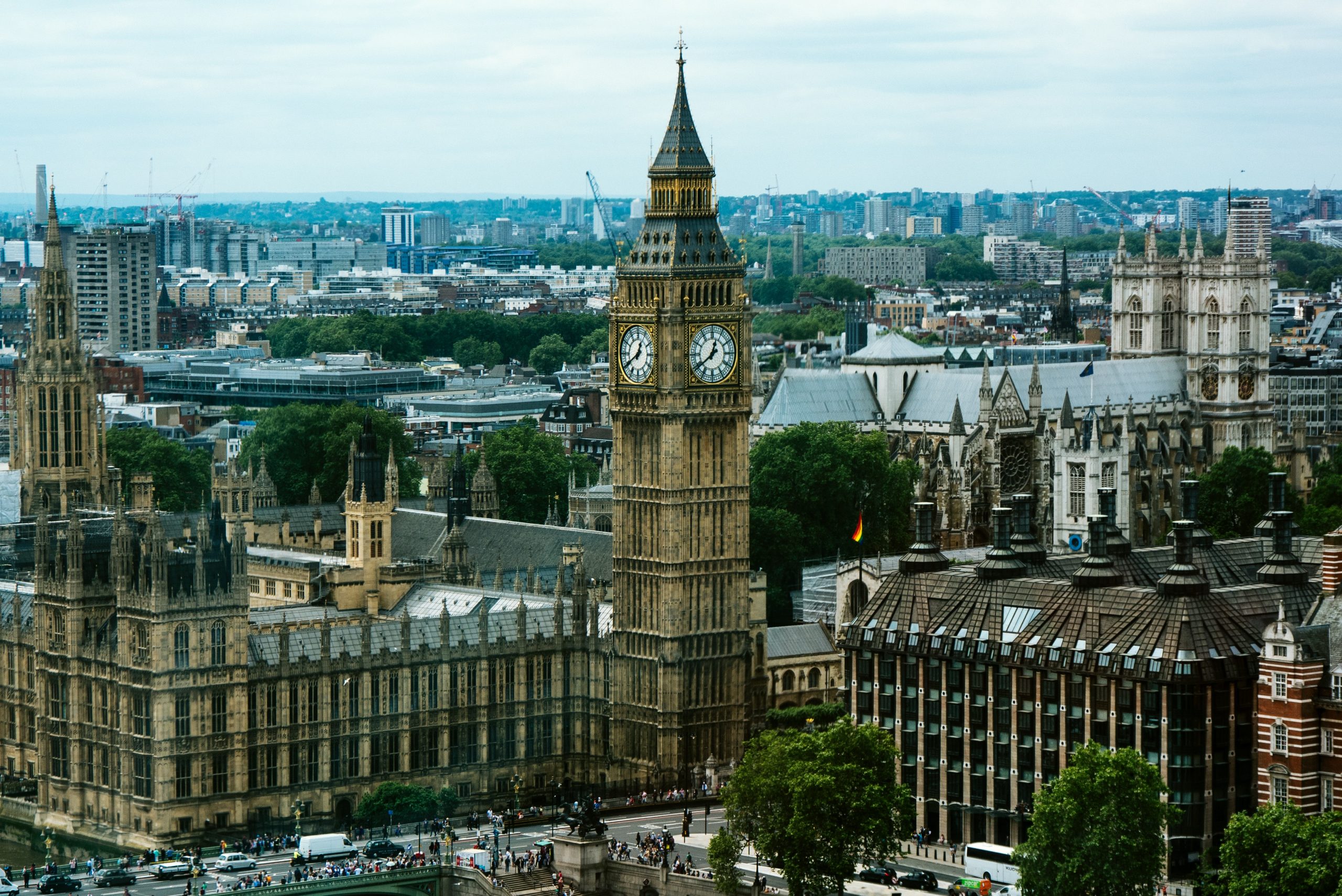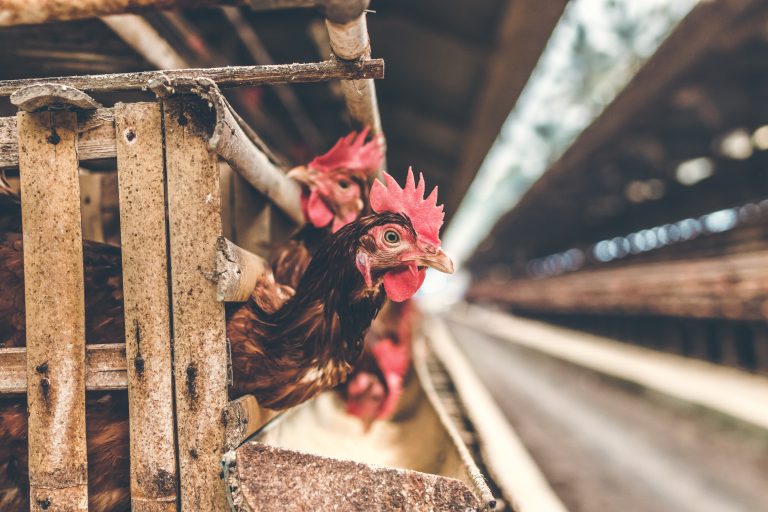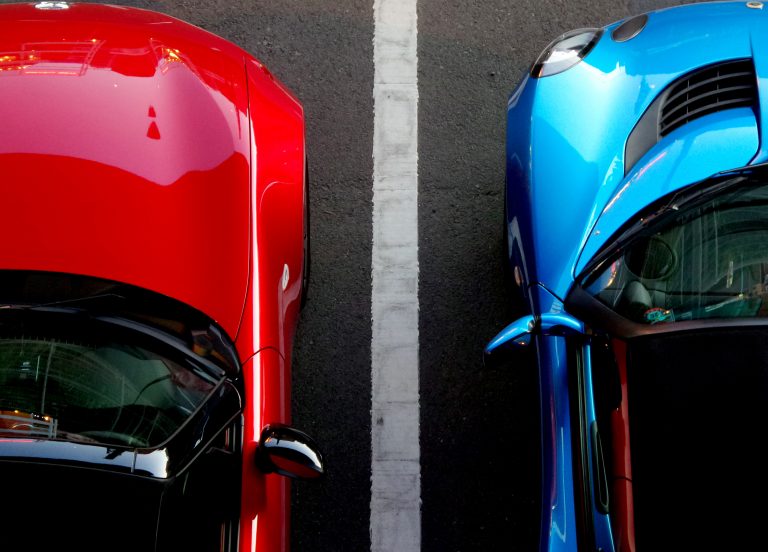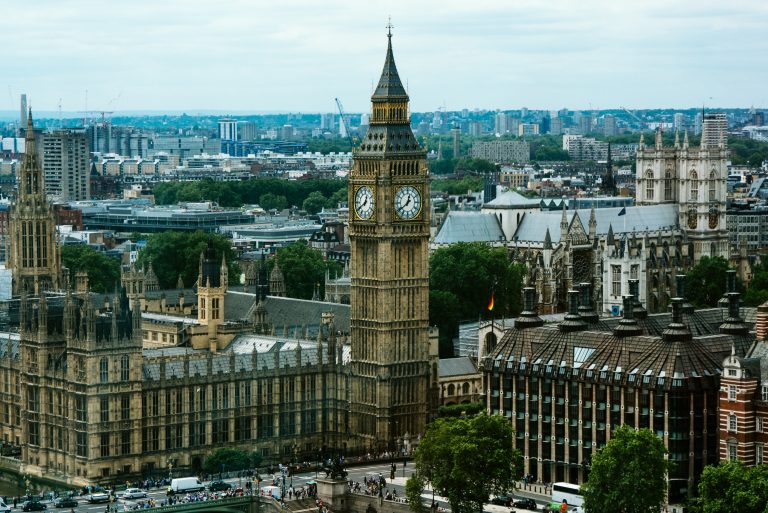Is Trade and Investment from the United States the Solution to Cuba’s Economic Woes?
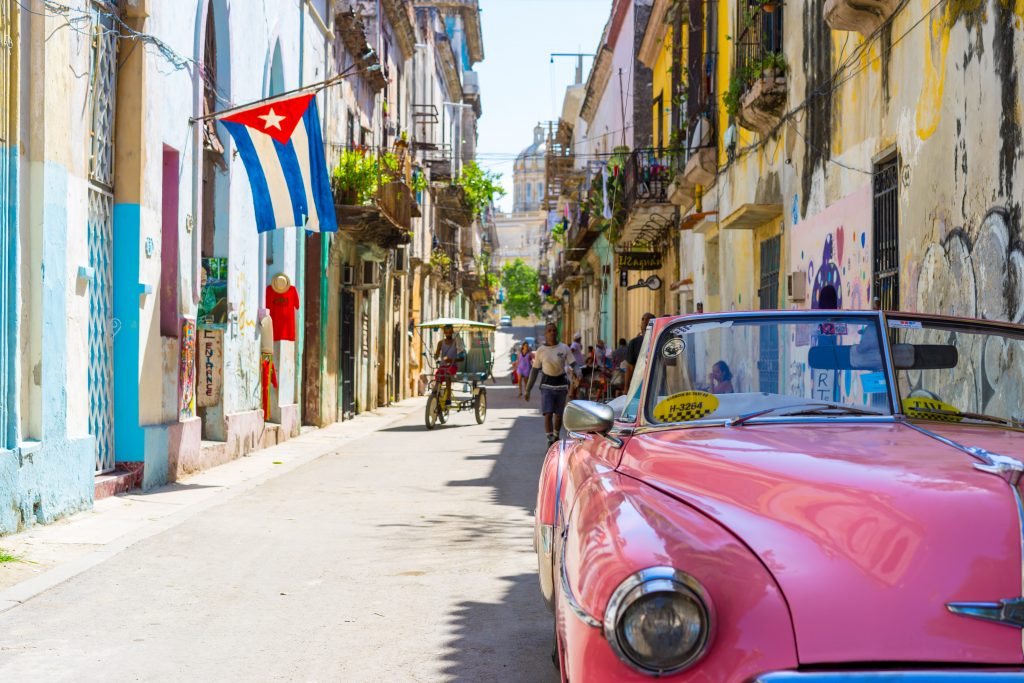
You’ve probably seen pictures of vintage American cars driving through the streets of Havana, Cuba, a city that almost seems to be stuck in a time warp. Indeed, the United States hasn’t exported cars, or for that matter, much of anything, to Cuba since the time of the Cuban missile crisis in the early 1960s when then President Kennedy declared an almost total trade embargo on the country. Around the same time, Cuban leader Fidel Castro nationalized the country’s wholesale and retail industry, effectively shutting out most foreign investors, pushing the country into a decades-long economic slump. Now, in a major policy shift, government officials in Cuba are set to open the country to foreign companies, allowing full or partial foreign ownership of local wholesalers. The move is expected to help alleviate critical shortages of food and medicine, however, Cuban government officials have promised that companies choosing to invest in the country will face sharp scrutiny and be required to operate within the structure of Cuba’s state-run policies.
Cuba’s current economic hardship is the result of fallout from the COVID-19 pandemic as well as trade sanctions imposed during the Trump Administration that essentially reversed the 2016 efforts by then President Obama to normalize relations between the two countries. While the Biden Administration has once again moved to loosen restrictions preventing U.S. companies from doing business with Cuba, trade between the two countries remains limited. In addition, Cuba’s lack of a transparent legal system together with its history of nationalization makes the country a less attractive investment location for many American companies. Even so, Cuba’s recent announcement could signal the beginning of reforms that could result in the creation of a new market for U.S. goods and services and a way out of economic despair for a country where fuel shortages and long lines for basic goods is threatening social discontent.
Discussion Questions:
1. Discuss the value of trade as it relates to the economic crisis in Cuba. How, for example, could exports of Cuban rum and cigars to the United States encourage economic recovery in Cuba? What would goods from the United States mean for Cuba?
2. Investors in Cuba should expect close scrutiny and must follow the guidelines established as part of the country’s socialist regime. Given these demands, would you recommend investment in Cuba or does the country’s history of nationalizing industries and lack of legal transparency make it too risky? Do you think American companies can compete effectively against European companies that have been doing business in Cuba for decades?
3. What does Cuba’s experience tell you about the viability of socialism and centrally planned economies, as compared to capitalism, market economies, and democratic ideals? How could Cuba’s massively outdated infrastructure limit economic growth in the country?
Sources| The Times: Cuba welcomes foreign investment to combat shortage of goods; NBC News: Cuba announces plan to allow some foreign investment in domestic trade; BBC: Cuba bids for foreign investment to tackle goods shortages; Unsplash: Cuba

